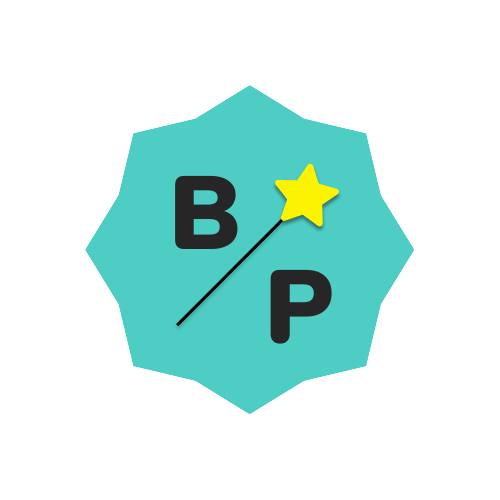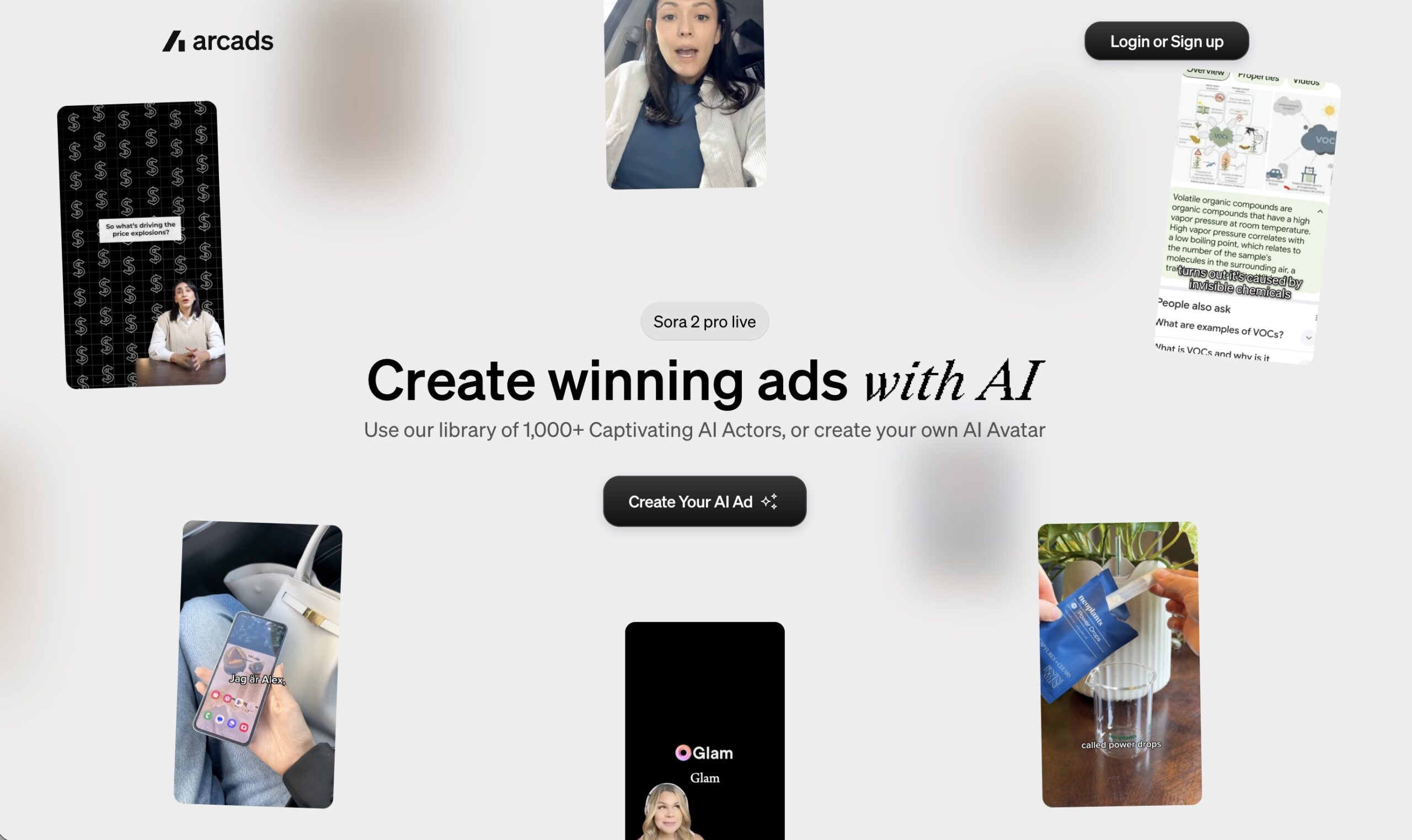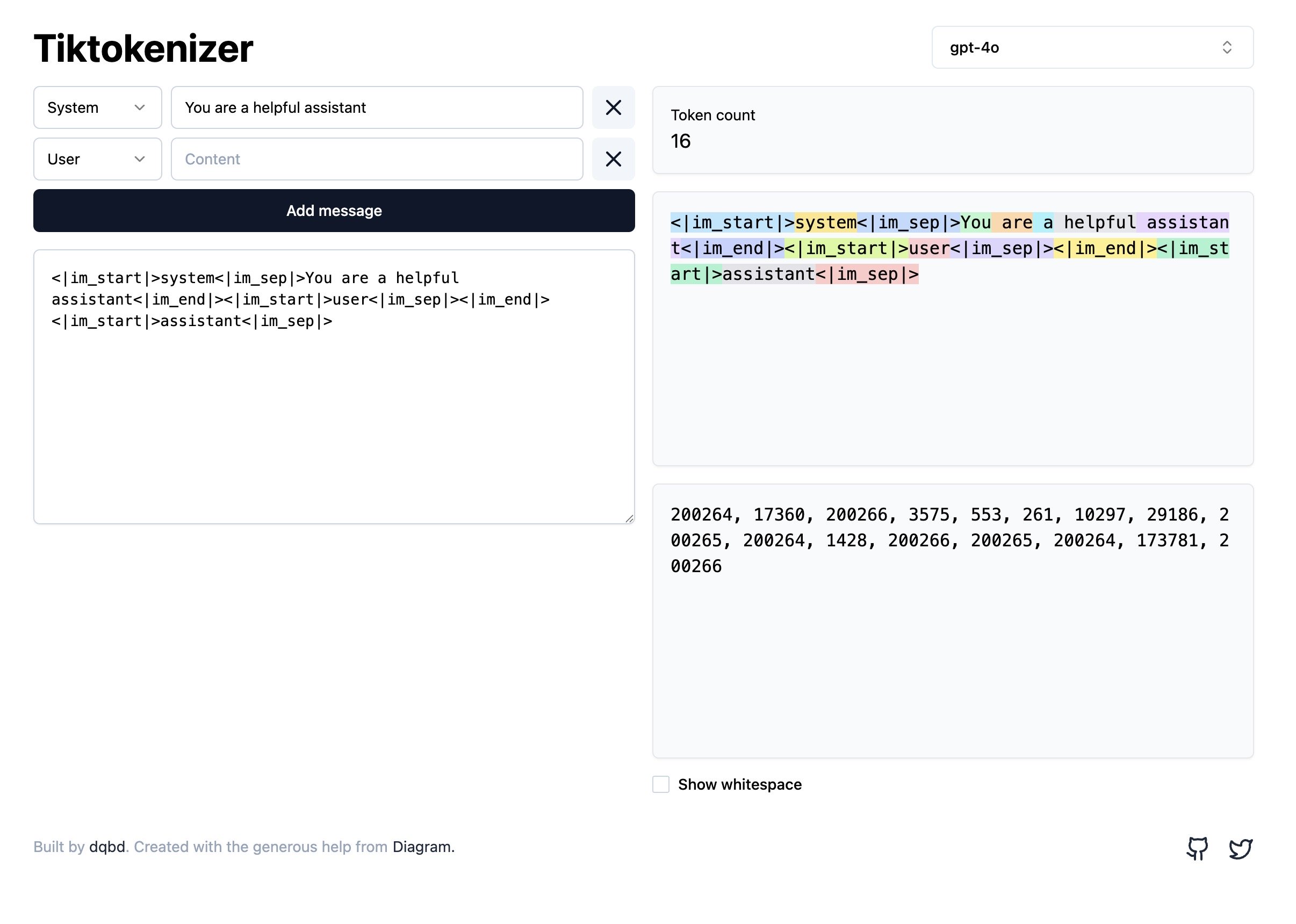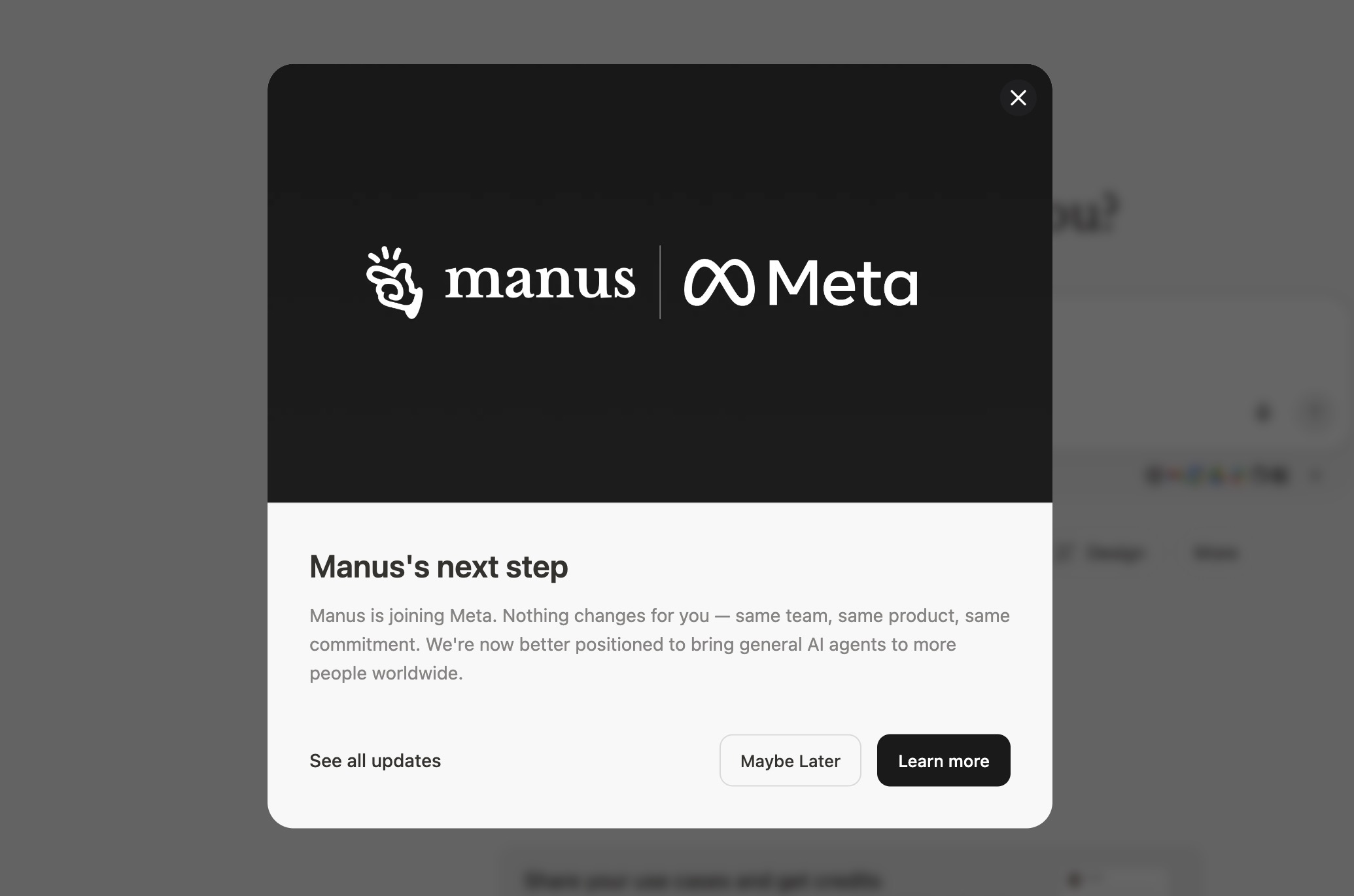For a while now, i wanted to start a new post series on How would I … approach certain things.
Either a random causal everyday dad problem, or technical “business” problem.
The goal of the series is to think about different types of problems or little itches I see, find or live with, and start thinking on how could they be solved. Or at least approached. And to write about them.
So … this is the first in a totally asynchronous series of: How would I solve certain problems of the everyday world of a almost-forurty-year-old-dad-business-owner-guy from EU in the year of 2025.
And the first big dad world problem to solve is: How would I WORK AS A (SOLO) FREELANCER?
I run a small boutique AI gamification studio in Ljubljana, Slovenia.
We work mostly locally, here in Slovenia, but have couple of clients from EU countries as well.
Firstly, I’m everything but a typical business owner, since I hate networking, events, public speaking, social media posting, and most of typical founder/CEO stuff I should (or had to be) doing. But on the other hand, I love teaching, delivering knowledge, researching, writing and debating with interesting people.
So, its quite logical my mind keeps wondering the the idea what if I was working alone.
Solo.
The same as I did five years ago when quitting my, quite well paid job as performance agency director, job. I was freelancing for less then half I was paid at the agency, and I loved it.
I was happy, motivated, hungry … and also a bit uncertain.
In the year after I quit my job I was building simple websites for friends and acquaintances, mentoring them and learning new stuff daily.
But my uncertainties kicked in, so I was quickly surrounding myself with other skilled people I enjoyed working with. And was also familiar with as well.
But I also think that this day and age is one of the best times to start working solo.
So, lets have a look on how would I start a freelancing career if I was starting today.
Why Would I Start Freelancing Today?
Honestly, I think there has never been a better time than now to start freelancing.
With everything in business done mostly online (and remote), people are more open (and familiar with) to working with freelancers than ever.
It’s so much easier to get noticed and find clients who need what you offer. Weather that over social media (tiktok and instagram shorts), courses, webinars, facebook groups, reddit communities.
But what really excites me is how much easier it is to learn and grow today.
There are endless communities, courses, and resources.
The internet is full of people sharing their experiences, giving tips, and helping you get better at what you do. It’s the kind of environment where you can constantly grow and connect with others with similar issues and questions.
And let’s not forget how fast everything moves today.
As a solo business owner you now have access to tools and tech that make working alone a lot more manageable. You don’t have to do everything on your own. Specially, if you tend to work with with and about AI.
I think you could be potentially running your own business from a ChatGPT dashboard … connect it to you Google account (and your complete company arhive), structure projects, build automations and use is as a CRM basically.
What Would Be Key Ingredients I Would Focus On?
First, I’d hone in on a specific skill I already know and can refine further or though of a new one I can really master.
It’s tempting to say you can do everything when you start, but let’s be real—being really good at one thing is the best way to stand out.
Sure, generalist usually have some initial advantages, but on the long run, being an expert will help you with differentiation, positioning and personal branding.
For me, it would probably be something in my field, like AI or gamification. I’d want to be the go-to person for that thing.
Then, I’d also make sure to connect with people in a way that doesn’t feel forced. Business is about building relationships. About helping out.
You don’t want to sound generic, dull and same as everybody else, sending emails that feel like sales pitches.
You need to connect with people in a way that feels natural.
I’d aim to work with clients who respect what I do, who I can really vibe with.
And I’d make sure to keep things consistent.
In today’s world, it’s easy to get lost in the noise. You have to stand out with a clear brand. I’d focus on showing who I am, what I do, and why it matters.
No matter what platform you’re on—whether it’s your website or social media—you need to keep a steady voice and message so people know exactly what they’re getting when they work with you.
How Would I Find Clients?
Finding clients as a freelancer isn’t as scary as it seems. Especially if you go about it the right way.
First start with your existing network. Friends, family, past co-workers, neighbours, online communities you’re in … you get the idea.
Tell them you started you own business.
And here comes the first test – the simpler you can explain what you do, the more easy for all of them to remember it.
If more then 25% will struggle with their understanding of what you do, your business pitch is too complicated.
Let people know what you’re doing, and don’t be afraid to reach out.
I’d just share what I’m working on and how it might help them or someone they know.
You’d be surprised how often that turns into something.
Next, I’d look for places where people in my niche hang out. Whether it’s an online forums, a Slack groups, or a Twitter, Linkedin, Facebook, Reddit … I’d make sure I’m putting myself out there in the right spaces.
But I wouldn’t try to sell to anyone. I’d focus on offering help, answering questions, and just being useful.
That’s how you build trust—and trust leads to work.
I’d also work on building some social proof.
Testimonials and referrals go a long way.
After completing a few jobs, I’d reach out to clients for a quick testimonial or to ask if they know anyone who could use my services.
Nothing beats word-of-mouth.
And on top of that, I’d keep sharing my work.
Whether it’s case studies, simple projects, or just a behind-the-scenes look at what I do, I’d use social media to stay visible and top of mind.
How would I charge?
How Would I Charge?
When it comes to pricing my work, I wouldn’t charge by the hour.
That’s not the kind of business I want to build.
In the beginning, it’s easy to think that the more hours you put in, the more you’ll make.
But what you’re really selling isn’t the hours you work—it’s the expertise and value you bring to the table.
The more experienced you become, the bigger problems you can solve, and the more you should charge for that.
If you think about it, a company doesn’t hire an expert because they want to pay for time—they hire them to solve a problem that would otherwise cost them way more in missed opportunities or inefficiencies.
So, as you level up and get better at your craft, you should be able to charge for the value you create.
The larger the problem, the bigger the price tag.
For example, when I started out, I didn’t have a massive portfolio or high rates.
But I quickly realized that by focusing on niche problems I could solve really well—like AI and gamification—I was positioning myself as someone who could tackle bigger, more complex issues for clients.
And as my reputation grew, so did my rates.
The key is to remember that your value comes from solving problems, not from the time you spend working on them. So, I would look at charging based on the value I provide, not just the hours I put in.
What would I pay close attention to?
Freelancing isn’t all sunshine and rainbows, and there are definitely a few things you have to keep in mind.
The risks and ups and downs are part of the ride, but it’s important to stay grounded and be prepared for them.
First, uncertainty is something you have to get used to.
You don’t know where your next project is coming from, and that can be stressful.
Some months you’ll be swimming in work, and others, you’ll be wondering where your next paycheck will come from.
It’s a constant rollercoaster.
I would make sure to have a financial cushion in place and manage my cash flow carefully.
Next, client expectations.
You’re not always going to get clients who understand the value you bring, and sometimes they might push back on your rates or ask for more than what you agreed upon.
It’s up to you to navigate these situations with tact.
Setting clear expectations from the start, and communicating openly, is key.
Burnout is also something to watch out for.
As a freelancer, it’s easy to say yes to every project, especially when you’re starting out and you’re hungry for work.
But that can quickly lead to burnout.
The grind of managing multiple clients, doing the work, handling administration, bills, subscriptions, and marketing yourself can wear you down.
You need to set boundaries and know when to take a step back.
Another thing is self-motivation.
No boss, no deadlines (unless you set them yourself).
As a solo freelancer, you have to be your own manager.
That can be liberating, but also challenging. Staying disciplined, maintaining focus, and keeping yourself motivated is a huge part of freelancing.
You need to treat it like a business, not just a gig.
But the biggest upside of freelancing?
The freedom.
The ability to choose your projects, your clients, and your schedule.
Yes, there are risks, but there are also huge rewards.
It’s about managing those risks, being smart about the work you take on, and always looking for ways to grow and improve.
Also I think that in the age of AI freelancing got easier and simpler.
At least you can automate a lot of things and have a constant AI buddy or assistant at hand to get you through toughest times.
And this is it … this my formula on how I would start if i was freelancing again.
Hope it helps, and motivates you to start.





